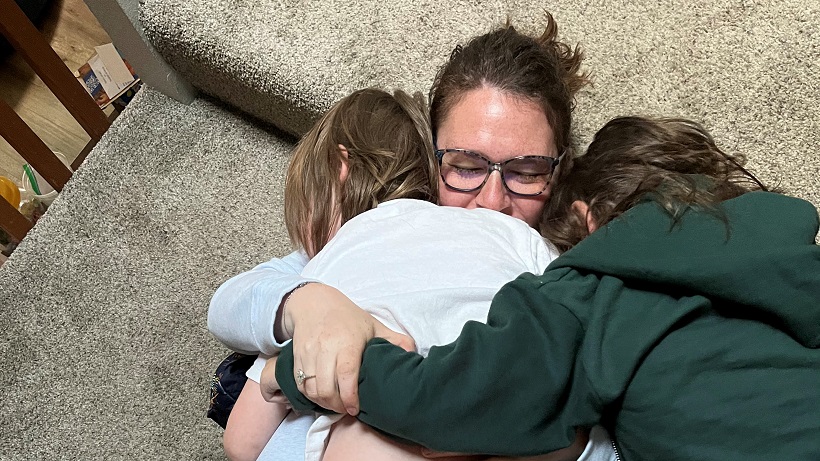Do you have a will? How about an advance medical directive? Do you have an estate plan? Have you shared your burial wishes with someone, in writing? I’m asking this of every adult over the age of 18. If you answered “yes,” then mazel tov, and thank you for planning ahead. If the answer is “no,” let’s have a chat. I know that these questions can be uncomfortable to answer, as they immediately remind us that our time on earth is finite, but it’s imperative to make these plans not just for your own peace of mind, but also as an act of love and respect to those who will be alive and carry on in your absence. As it is often said, it won’t kill you to talk about death (but planning can potentially improve the lives of others).

You may be asking why I, just shy of my 41st birthday, am so passionate about this topic. For starters, my mother is a CPA who specializes in estates and trusts, so some of the need to prepare runs in the family. Secondly, it may seem obvious, but our children and our dog need to be cared for in the event of our passing, and that’s not a decision we wanted to postpone. Finally, I plan for the future because the Torah tells me to.
Parshat Pinchas includes the narrative of the daughters of Zelophechad still stands as an important case for Jewish inheritance law. It wasn’t until they spoke up that God and Moses recognized the need for guidance and provisions for all children, not just the sons. At this moment, God changes the law to make sure that these daughters are cared for. If you argued that the strictures associated with the laws about things like who they could marry were unjust, you’d certainly win; later rabbinic authorities pushed even further in the Talmud and then the Shulchan Aruch to permit daughters to inherit half of what sons would. And when that wasn’t good enough, Rabbi Ben-Zion Hai Ouziel, the Sephardic Chief Rabbi of Israel from 1939 to 1953, believed even in the early 20th century that women could vote and be elected, serve as judges, and use birth control for health reasons. He made an enactment in Israel that put a daughter’s inheritance on equal footing with a son’s.
The Torah and subsequent legal texts spend a great deal of time establishing inheritance and plans for the end of life because they’re essential to keeping a semblance of peace during an incredibly emotional time. We cannot know one’s thoughts or intentions after they’ve died, so planning ahead is the only way to be clear and fair. Plus, preplanning for your burial not only saves a lot of stressful decision-making, but also ensures that you can ask for Jewish burial rituals like taharah, the ritual preparation of the body. And while it may sound a little crass, the reality is that prepaying for your own arrangements means you can use those credit card points or miles to take a vacation you actually get to enjoy.
Writing your advance medical directive and making sure your next of kin are aware of your desires takes the guesswork out of what is already a traumatic process. Having a will allows you to share the ways in which you want your property divided and can save a lot of family strife. But beyond the physical items you’ll distribute or your wishes for end-of-life care, writing an ethical will is a way in which your values and ethics can be cherished and passed down for generations to come. Parshat Pinchas guides us in this essential aspect of life – preparing for death – and there’s hardly a more compassionate, caring gift you can give.



